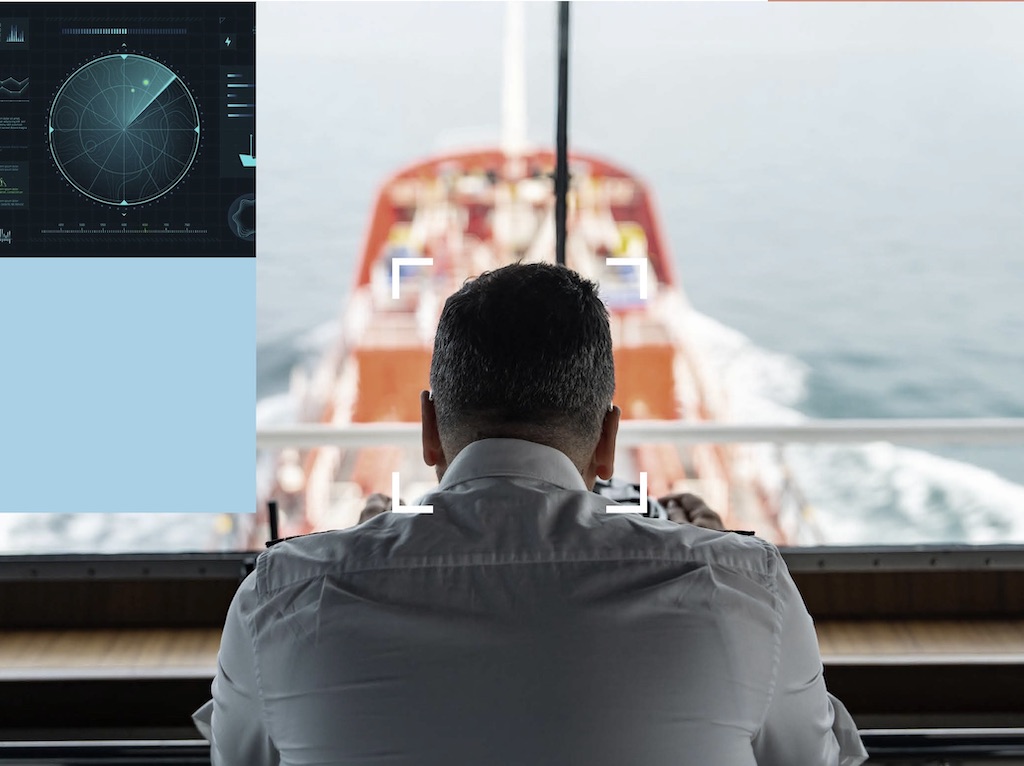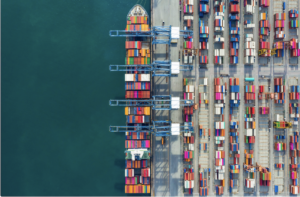A new report from DNV highlights that the maritime sector is increasingly willing to accept cyber risks associated with digitalization, with 61% of maritime professionals expressing openness to these risks if they facilitate innovation. This appetite for risk surpasses that of other critical infrastructure sectors, such as energy, manufacturing, and healthcare, as the industry seeks technological advancement and improved operational efficiency.
Digital transformation in maritime, while promising greener and safer operations, has also introduced unprecedented vulnerabilities. A DNV survey of nearly 500 maritime professionals reveals that 71% believe their assets are more exposed to cyber threats than ever, with an equal percentage viewing cyber security as their organization’s top risk. According to Knut Ørbeck-Nilssen, CEO Maritime at DNV, balancing digital ambitions with strong cyber security measures is essential to protect the industry’s assets and people.
Technological integration in the maritime industry includes advanced data analytics, IoT, AI, satellite communications, and autonomous operations—each bringing new security challenges. Maritime professionals, however, are confident in their cybersecurity posture: 83% report robust security measures, and 71% are confident in their organization’s ability to recover quickly from a cyber-attack. Rising cybersecurity investments are also evident, with 73% of professionals noting increased spending this year.
Despite these advancements, vulnerabilities remain. Only 53% of respondents feel confident their organization has complete visibility into supply chain cyber risks, and 68% believe their organization’s IT security is stronger than its operational technology (OT) security, which controls critical physical assets. Additionally, many professionals (76%) feel their organization’s cyber training is insufficient against sophisticated threats.
Geopolitical tensions and an uptick in criminal cyber activity, especially ransomware, have further amplified industry concerns, with 79% of respondents worried about this risk, up significantly from 2023.
The DNV report, Maritime Cyber Priority 2024/25: Managing Cyber Risk to Enable Innovation, outlines four key areas of improvement: securing skilled cybersecurity resources, enhancing OT system resilience, establishing clear OT security roles, and addressing supply chain vulnerabilities. It also stresses the need for increased collaboration across critical infrastructure sectors, with 95% of maritime professionals calling for greater cybersecurity information sharing.
“While the industry has made significant strides, the cyber threat landscape is complex,” says Svante Einarsson, Head of Maritime Cybersecurity at DNV Cyber. “We must protect both IT and OT and stay ready to respond to emerging threats.”






